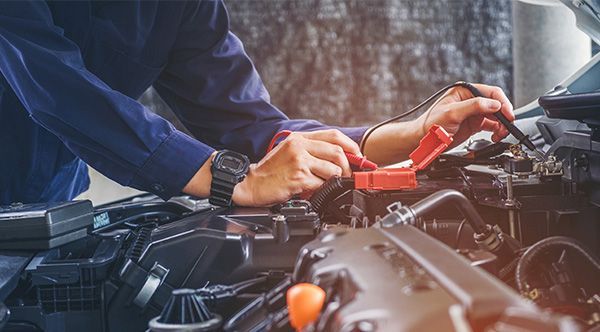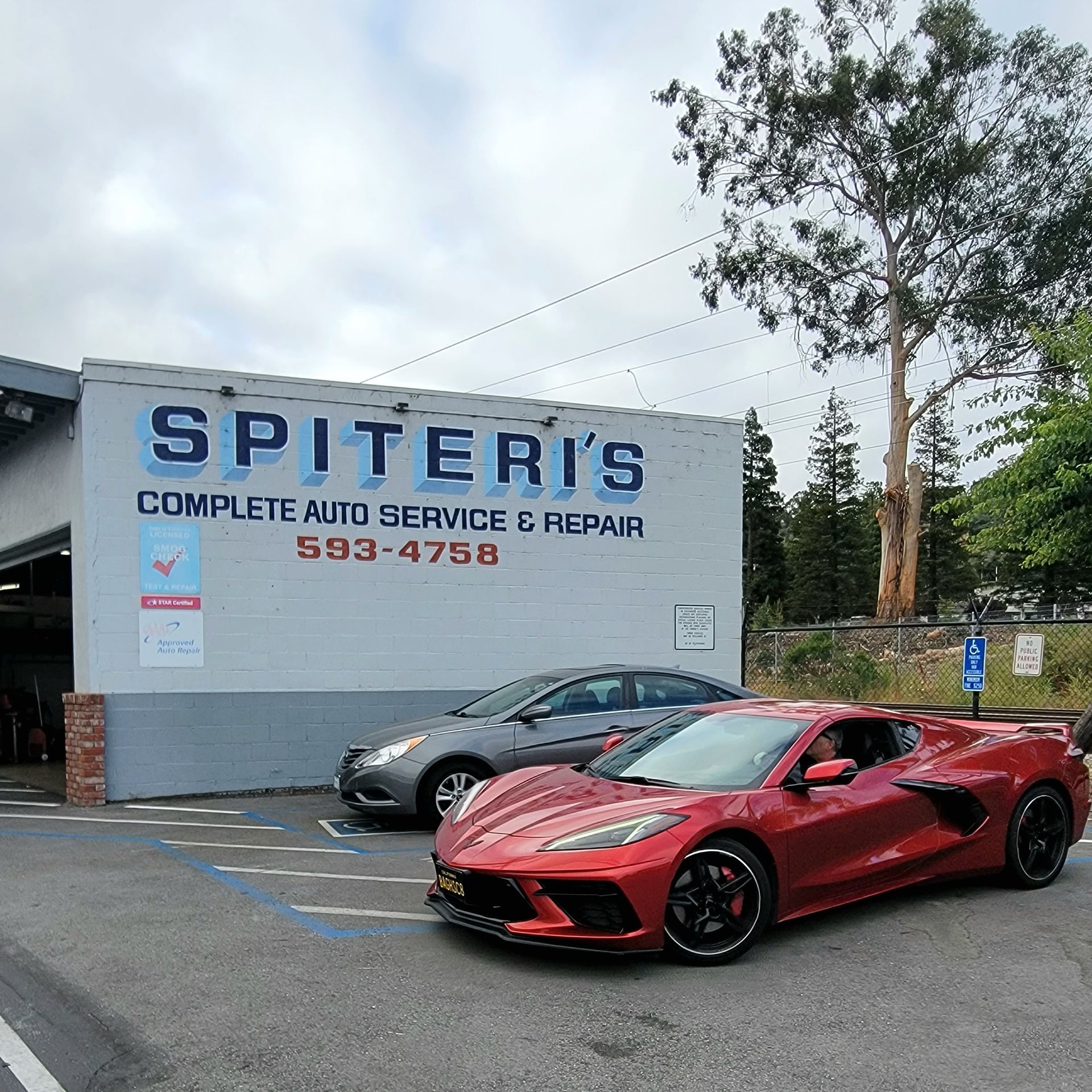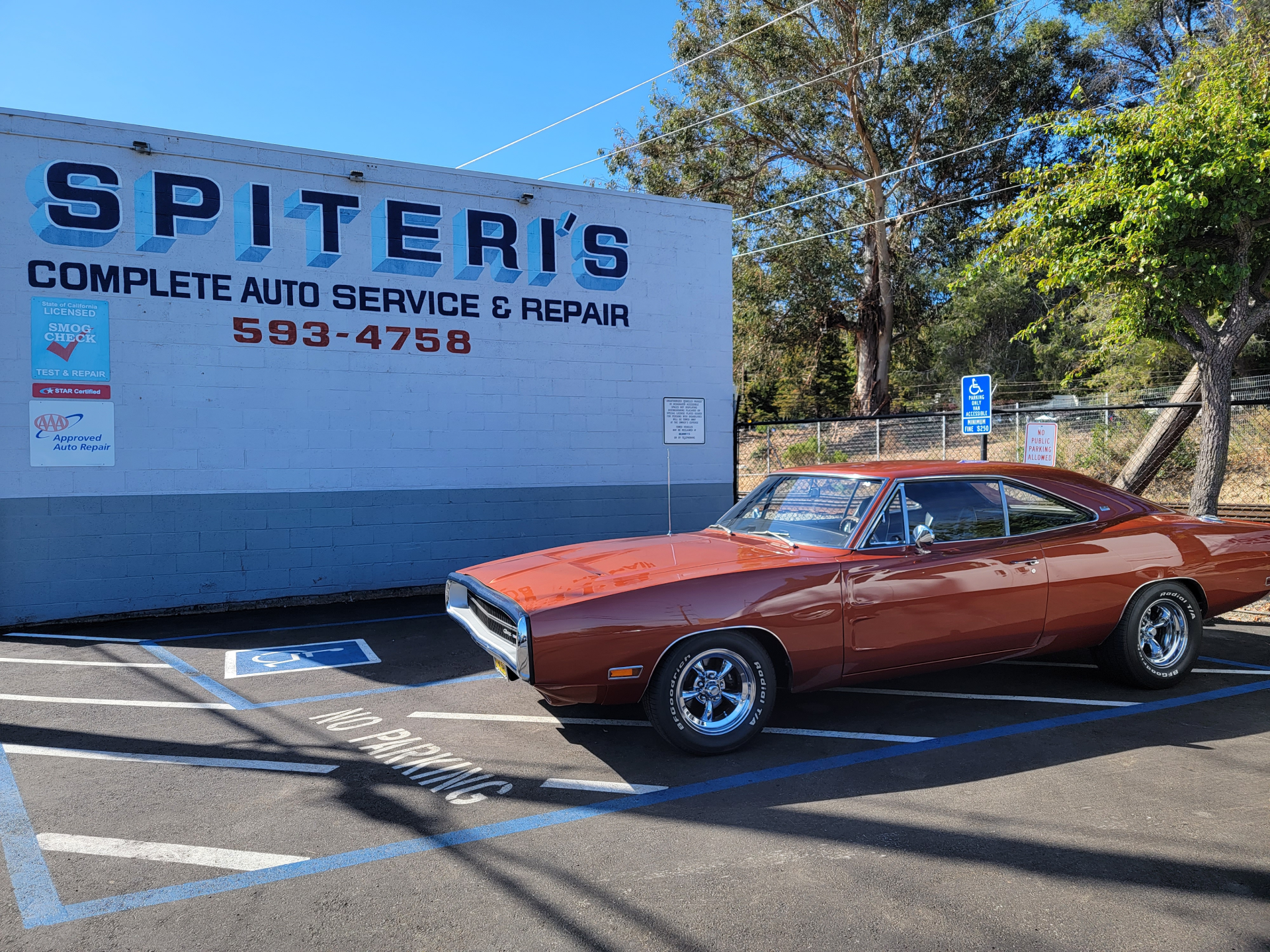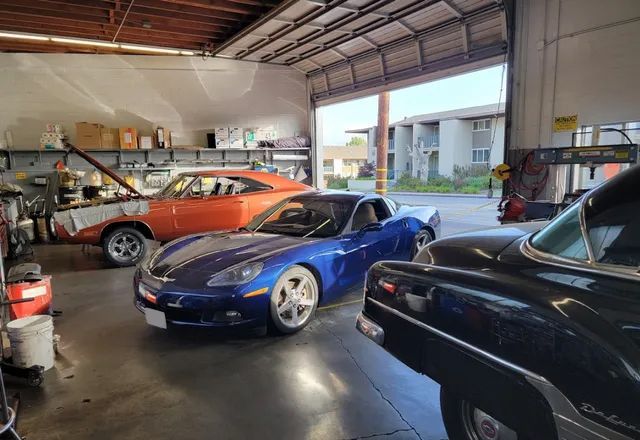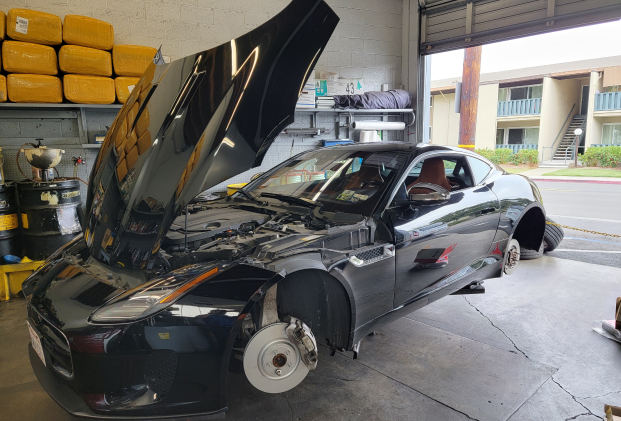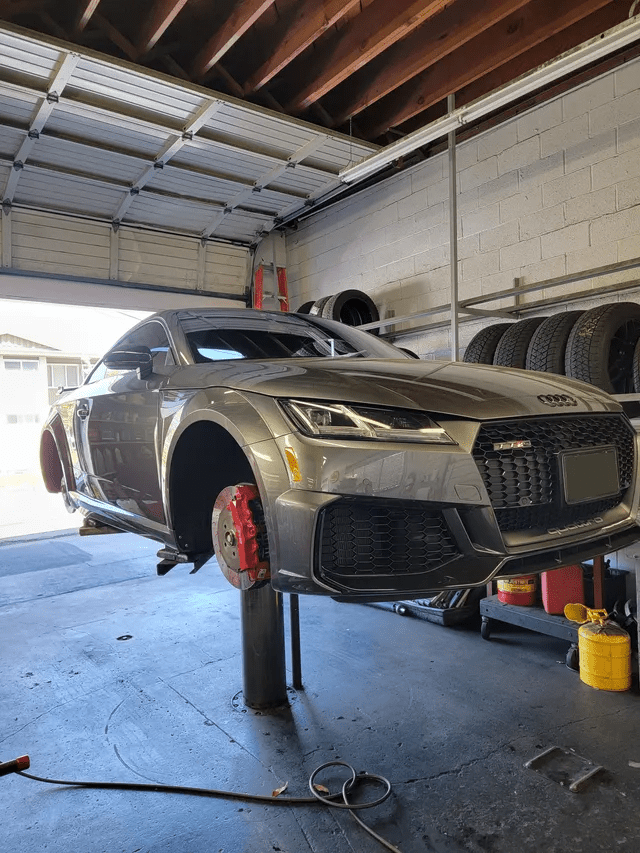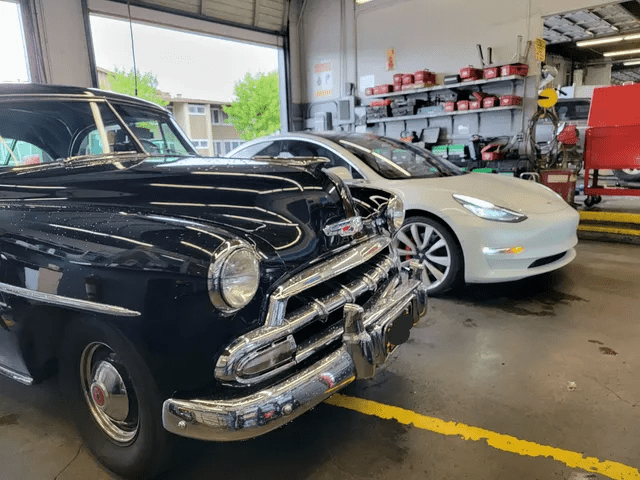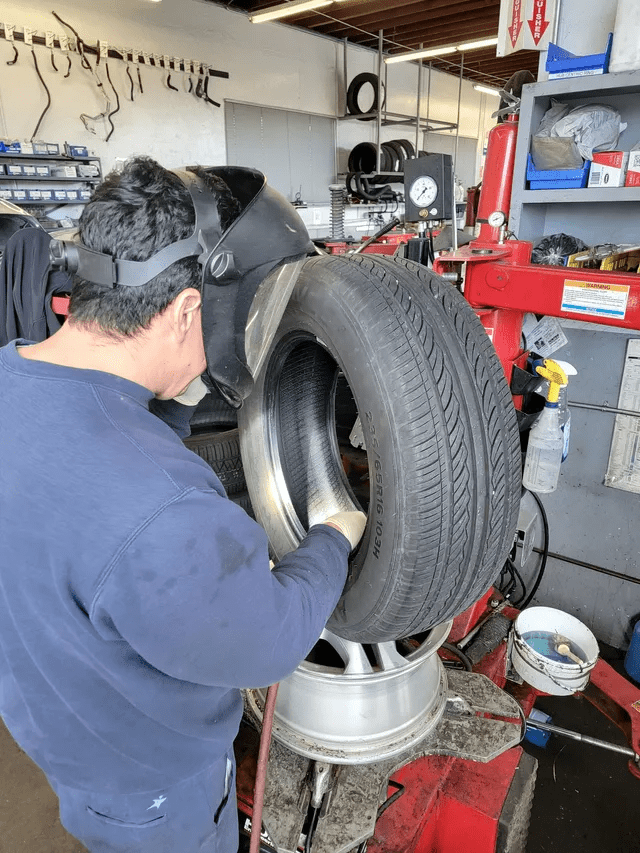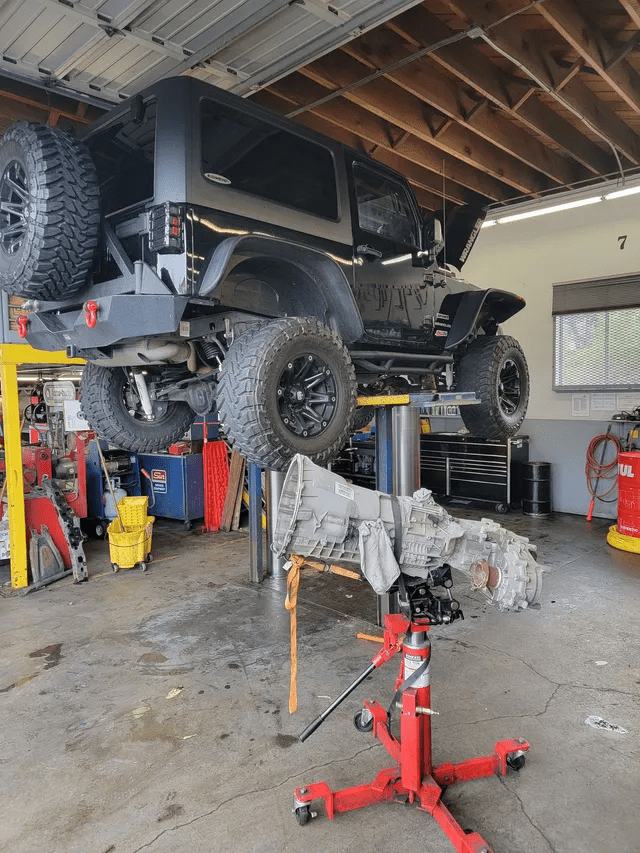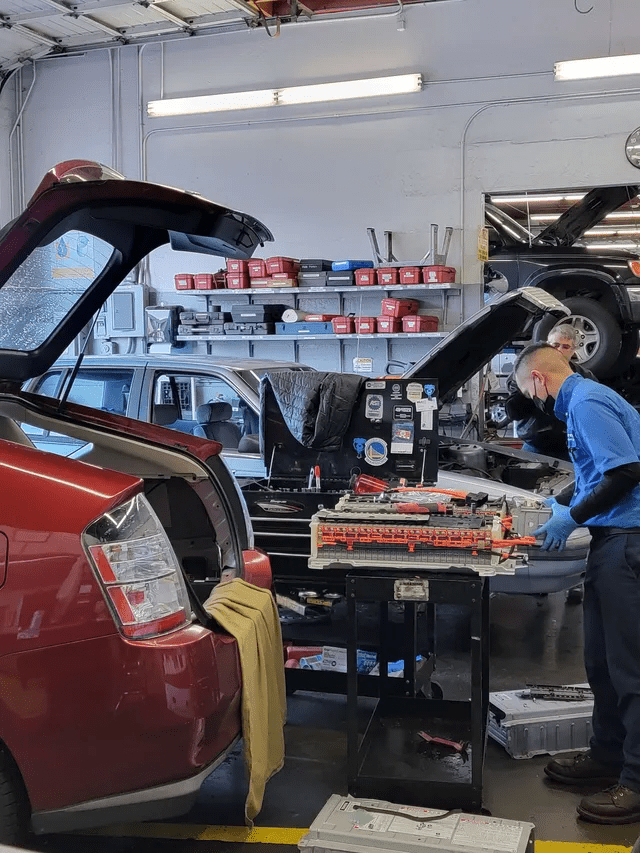Hybrid Battery Highlights
Hybrid Battery Highlights
A Quick, SuperCHARGEd Course — Spiteri’s Auto Service
If you already own a hybrid or if you’re seriously considering purchasing one, you know that batteries are an important feature of this greener, more modern form of transportation. Even so, you might have missed a few details that can help you understand your car, maintain it as long as possible, and prepare you for eventual repairs. You rely on an electrical connection to charge your batteries, and you can count on Spiteri’s Auto Service in Belmont, California, to charge your knowledge about your power cells–and fix the car when you need it.
Basic Working Knowledge
A hybrid vehicle is so named because it uses both a gasoline-powered motor and battery power to operate the vehicle. This is in contrast to a traditional car that uses the battery for power during cranking and then relies upon the alternator to keep generating the needed electrical power. It is also substantially different from an all-electric auto that runs solely on battery power. Those batteries are larger, more expensive, and offer only a limited travel distance before recharging becomes necessary.
With an ability to make a nearly undetectable transition between power sources, the hybrid uses an electric battery, a 12-volt lead-acid battery, and a gasoline engine. When the electric battery is powering the car, it recharges using regenerative braking. (When you apply the brakes, the battery is charging.) When needed, the more traditional gasoline power takes over. Because the vehicle operates using gas only part of the time, it is more fuel-efficient than a car powered solely by combustion.
How is a hybrid battery different?
Although it’s called “a” (singular) battery, the hybrid model is, in reality, a multiple-celled battery pack. That’s necessary for the amount of energy needed to power the car. Two electrodes separated by polymer film (to prevent a short circuit) sit in an electrolyte solution. When the vehicle is on, the electrodes are bridged.
Lifespan and Replacement
While electric technology continues to advance, the lifespan of hybrid batteries has been a concern. A hybrid vehicle cannot operate without its special battery, so ignoring a failed component isn’t an option. Most manufacturers anticipate that their batteries will last for about eight years or 100,000 miles, but some owners have noted that they don’t always reach this performance milestone. Therefore, drivers must plan on battery purchases as part of their hybrid car’s service and repair routine. The good news is that batteries are lasting longer as technology improves. Also, manufacturers other than new car producers are now making batteries. This affords hybrid owners an alternative to buying batteries at the dealership. As you maintain your hybrid vehicle, consider Spiteri’s Auto Service in Belmont, California, your local go-to hybrid repair specialist.


